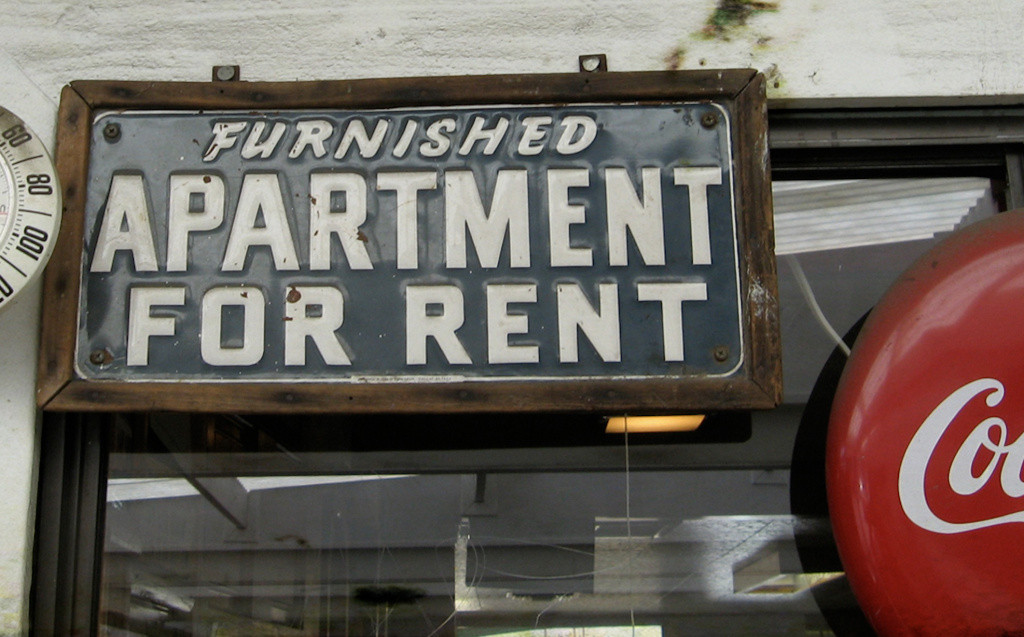In recent weeks, Prague City councillors have found a new hobby – they verbally attack the popular Airbnb sharing platform, which brings annually more than 700,000 foreigners to the Czech Republic. However, the arguments used to support an immediate regulation of Airbnb are definitely not based on rational analysis of the topic.
Most of the problems attributed to the globally popular Airbnb platform stem from weaknesses and inefficiencies of domestic government, or from general social trends. Let’s look at the four main arguments used against Airbnb:
Argument #1: The Airbnb Is a Problem Because Hosts Do Not Pay Taxes and Fees
On the one hand, it is not entirely clear what this frequently repeated information about the non-payment of taxes and charges is based on. No solid data has been provided yet. Anyway, the regulation imposing fees and taxes already exists. Even the Airbnb sharing platform announces it to all users. The fact that the state administration is not able to record these financial flows or effectively enforce the law is certainly a problem, but it is not a problem of the sharing platform. It is a problem of the inefficiency of our state administration. Transferring responsibility to the Airbnb is similar to blaming the ads portal of used cars for the fact that someone sold a car and did not pay the income tax.
Let’s seek inspiration in France. French local governments have declared their incompetence in collecting fees and taxes and asked Airbnb for a help to solve it. As a results, the company has implemented the payment of fees and taxes directly into the application. The selected fiscal charges are then distributed to local budgets directly.
Argument #2: The Airbnb Is a Problem Because Guests Make Noise
Again, a local legislation in each city or city district clearly defines night rest hours – in Prague, it is between 10:00 p.m. and 6:00 a.m. If someone violates it, there are enforceable means to deal with it – by calling the police. Such a rule is valid for residents, visitors at hotels, and also guests using the Airbnb platform.
Unlike the first two groups, however, the Airbnb holds an advantage in the form of a unique peer review system – a guest evaluates a host and vice versa, and these evaluations are visible for all Airbnb users. If a guest violates night rest hours, it will immediately be reflected in the rating. The rating is a clear signal to the global Airbnb network: “Beware, this user is a problem”, what may result even in banning such a user from the platform. Airbnb’s key interest is to build a system of strong self-regulation, i.e. reputation. And it works.
Argument #3: The Airbnb Is a Problem Because It Supports Terrorism
What a silly thing to say! If we accepted this argument, we could say that terrorism is also supported by public transportation in Prague, which operates a subway. As far as I know, it has never been proven that terrorists systematically use the Airbnb platform – they use classic market rentals or accommodation services within the network of contributors. The Airbnb service checks consumer data and credit card details that cannot be obtained without AML identification in a financial institution. It is not easy to get a credit card with a fake ID. And moreover, it does not make any sense to do that – if someone really wanted to become a terrorist, he/she would probably think of some other solution than go on risking having the identity revealed when trying to get a credit card with a fake ID.
Argument #4: The Airbnb Is a Problem Because It Raises Rental Prices in Cities
It is the most serious argument. The attractiveness of sharing apartments creates the potential for higher returns than regular long-term rentals, so city owners try to rent their apartments through Airbnb or demand higher rents as opportunity costs. That is a fact. But it is also a natural phenomenon that is determined by the concentration of business, government institutions, entertainment, and monuments in the historical centre of cities like Prague or Berlin. These factors together make housing rents go upward, and then not everyone who wants to live in the city centre can afford it.
In addition, the Prague apartment market has been distorted for a long time by regulated rents, which completely obliterated the traditional market signals given by willingness to pay. Nevertheless, if someone is willing to pay more than you, why should the owner not have the right to offer the property to the former?
Tenants complaining about increasing rents in the attractive neighborhoods of Prague logically focus only on their utility, but the owner of an apartment focuses on his/her own. Is this bad? Of course not.
I talked to the owner of a flat in the centre of Prague who complained that there is no place in his street to buy good home-made bread or cake. However, he himself hasn’t rented his non-residential space in Prague 1 under the price to an elderly lady with a smiling face that would make home-made bread and cakes for the entire street, but to a foreign jewellery company selling luxury products. That is capitalism. No one is simply “entitled” to an apartment with a fixed price that would suit all. Am I not right? If I’m wrong, I would like one cheap yet luxorious apartment in Monaco, please. Thank you in advance.



